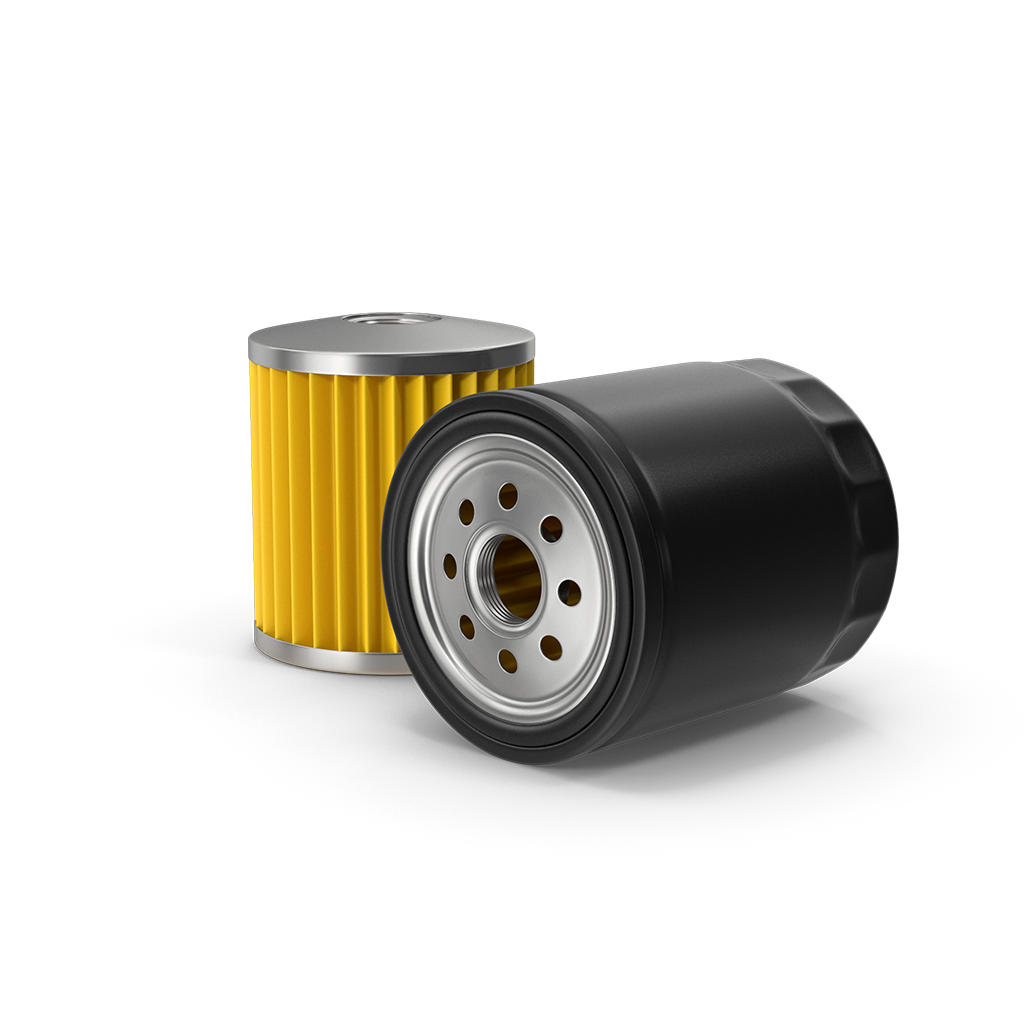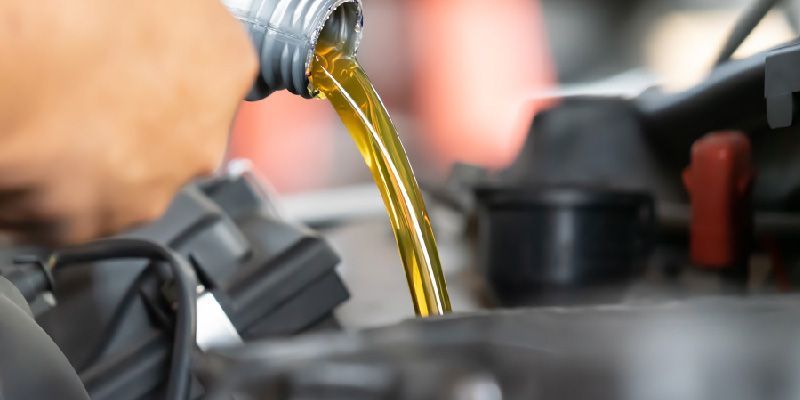Fast and Efficient Oil Change Service in Del City, OK
Our Oil Change Services: Essential Care for Your Vehicle
Comprehensive Oil Change Services
Explore our oil change services tailored to meet the needs of your vehicle:
Standard Oil Change:
Basic Oil and Filter Change: Suitable for regular maintenance intervals as recommended by your vehicle’s manufacturer.
Premium Oil Change Packages:
High-Mileage Oil Change: Specifically formulated oil that helps reduce oil burn-off and leaks in older engines.
Performance Oil Change: Advanced synthetic oil options designed to provide superior performance and protection under extreme conditions.
The Importance of Oil Type and Quality
The importance of oil type and quality cannot be overstated, as it directly impacts the performance, longevity, and efficiency of various machinery, vehicles, and equipment. Using the correct type of oil tailored to specific applications ensures optimal lubrication, reducing friction and wear on moving parts, thereby extending their lifespan. Quality oil also aids in maintaining engine cleanliness by preventing the buildup of sludge and deposits, which can impede performance and lead to costly repairs. Furthermore, high-quality oil enhances fuel efficiency by reducing frictional losses, ultimately saving both money and resources. In essence, choosing the right oil type and ensuring its quality is paramount for maximizing the reliability and functionality of mechanical systems across various industries.
Get your oil changed near you!
Oil Change Service Frequently Asked Questions
What is an oil change, and why is it necessary?
An oil change involves replacing the old motor oil and oil filter in your vehicle's engine with new oil and a new filter. This is necessary to lubricate the engine's moving parts, reduce friction, prevent overheating, and remove contaminants that accumulate over time, which helps extend the life of your engine.How often should I change my oil?
The frequency of oil changes can vary based on the make and model of your vehicle, the type of oil used, and your driving habits. Traditional guidelines recommend every 3,000 to 5,000 miles for conventional oil. However, many newer vehicles and those using synthetic oil may recommend intervals of 7,500 to 10,000 miles. Always check your vehicle’s owner's manual for specific recommendations.What are the signs that I need an oil change?
Signs that you might need an oil change include: The engine oil looks dark and dirty. Increased engine noise or knocking. Oil change or check engine light is on. Oil level is low. Excessive vehicle exhaust. Decreased fuel efficiency.What types of oil are available for oil changes?
There are several types of motor oil available for oil changes, including: Conventional oil, which is suitable for many engines and regular driving conditions. Synthetic oil, which provides better performance and engine protection under extreme temperatures and is ideal for newer, high-performance vehicles. Synthetic blend oil, which offers some benefits of synthetic at a lower cost. High-mileage oil, which contains additives to help prevent oil leaks in engines with over 75,000 miles.What happens if I don’t change my oil regularly?
Failing to change your oil regularly can lead to a buildup of sludge and debris, which can cause engine overheating, reduced efficiency, and even severe engine damage over time. Regular oil changes are vital for maintaining engine performance and longevity.How long does an oil change take?
An oil change typically takes about 20 to 45 minutes, depending on the service location and the type of service being performed. This time can vary if additional services are being conducted simultaneously, such as tire rotations or other basic maintenance checks.Can I change the oil in my vehicle myself?
Yes, changing your oil is a task that many vehicle owners can do themselves with basic tools and knowledge. However, it requires proper disposal of the old oil and oil filter, which must be done in an environmentally responsible way according to local regulations.How much does an oil change cost?
The cost of an oil change can vary widely depending on the type of oil used and the location of the service. Conventional oil changes typically range from $35 to $50, while synthetic oil changes can cost $55 to $100 or more. Additional charges may apply for extra oil or special filters.Why might some engines require synthetic oil?
Some engines require synthetic oil due to their design for higher performance or efficiency standards, which demand more robust oil that can withstand higher temperatures and pressures without breaking down. Synthetic oil also typically provides superior engine cleanliness and longer lasting protection compared to conventional oils.What are the differences between full synthetic, semi-synthetic, and traditional oil?
Full Synthetic Oil: Made from chemically modified petroleum components with other synthesized materials, full synthetic oil provides superior engine protection and performance under extreme temperatures and heavy engine loads. It’s designed to last longer, provide better engine cleanliness, and offer enhanced fuel efficiency. Full synthetic oil is ideal for high-performance and newer engines that operate under tough conditions. Semi-Synthetic Oil (Synthetic Blend): This oil is a mixture of synthetic and conventional base oils, plus some additives, offering better resistance to oxidation and maintaining viscosity at higher temperatures than traditional oil. Semi-synthetic oil provides a good balance of the cost benefits of conventional oil and the performance improvements of full synthetic oil, making it a suitable choice for many average vehicles under normal operating conditions. Traditional Oil (Conventional Oil): Made from refined crude oil, this type of oil provides adequate lubrication and protection for many engines, particularly older or low-performance vehicles not subject to severe driving conditions. It's the most economical choice but needs to be changed more frequently and may not protect as well against engine wear.Is there an environmental benefit to choosing one type of oil over another?
Synthetic oils can be seen as more environmentally friendly compared to traditional oils because they last longer, reducing waste oil disposal, and often improve fuel efficiency, which decreases fuel consumption. However, the production of synthetic oils is more resource-intensive. Choosing a high-quality oil appropriate for your vehicle and changing it at recommended intervals is the best way to balance performance and environmental considerations.How does engine type influence the choice of oil?
The type of engine you have can significantly influence the recommended oil type. High-performance engines, turbocharged engines, and those that operate under severe conditions generally benefit from the enhanced properties of synthetic oils. Conversely, older engines designed with different tolerances might require the use of specific oil types to ensure proper lubrication and functionality.Can switching oil types affect my engine?
Switching between synthetic and conventional oil is generally safe if the oil meets the viscosity and performance standards outlined in your vehicle’s owner's manual. However, always consult your manual or a professional mechanic before switching oil types. For older vehicles, particularly those with high mileage, transitioning to a synthetic blend or full synthetic oil can sometimes help prolong engine life.What are viscosity ratings, and why are they important for choosing oil?
Viscosity ratings, indicated by numbers like 5W-30 or 10W-40, describe the oil's thickness and how it flows at different temperatures. The first number with the "W" (for winter) describes the oil's flow at cold temperatures, and the second number describes its flow at engine operating temperatures. Choosing the correct viscosity rating is crucial as it directly affects engine performance and fuel efficiency. Always select the viscosity recommended by the vehicle manufacturer to ensure optimal engine protection and performance.How do I properly dispose of used motor oil?
Proper disposal of used motor oil is essential for protecting the environment. Never pour oil down the drain or on the ground. Instead, collect it in a clean, leak-proof container and take it to a recycling center, auto repair shop, or a retailer that accepts used oil. Many facilities that sell oil also take it back for recycling.What should I do if the oil level is consistently low between changes?
If you find that your oil level is consistently low between changes, it could indicate an oil leak or high oil consumption. Check for visible signs of oil leaks under the vehicle. High consumption might suggest internal engine problems. In either case, it is advisable to consult with a mechanic to diagnose and resolve the issue to prevent potential engine damage.




